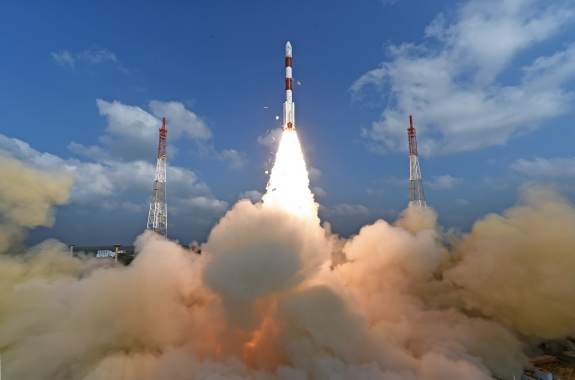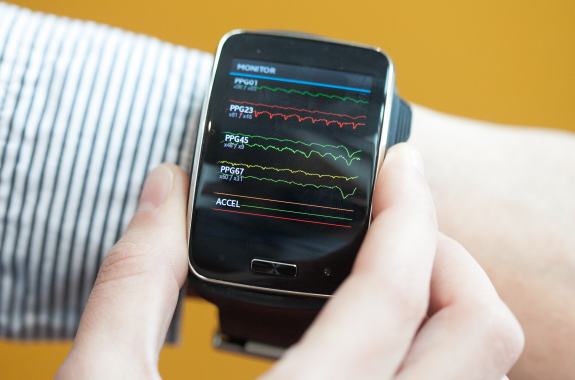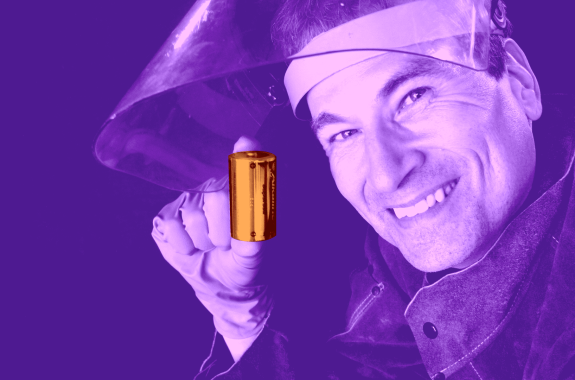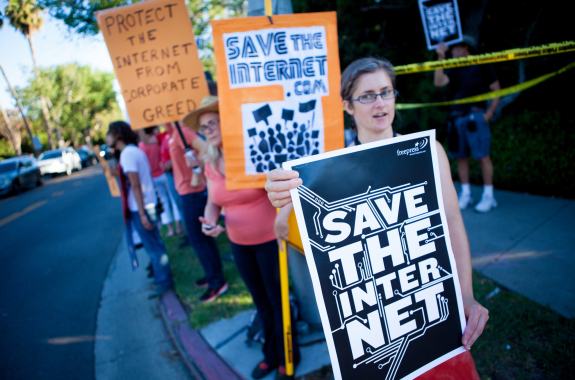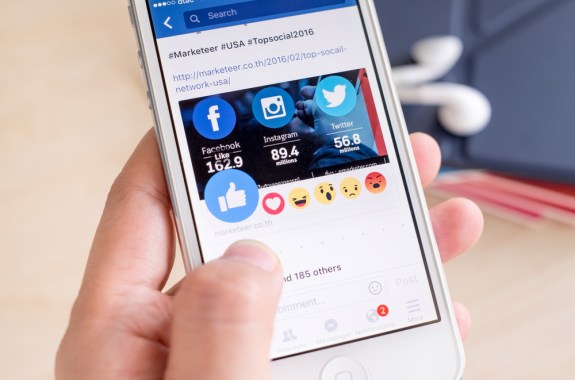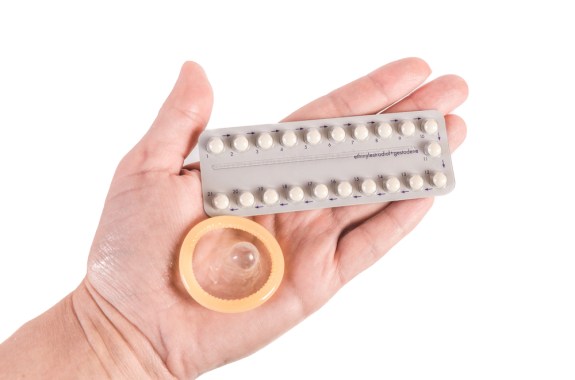Radio
Listen to Science Friday live on Fridays from 2-4 p.m. ET
November 29, 2024
For our 33rd anniversary, we’re broadcasting some of our listeners’ favorite SciFri stories. And, this year’s Ig Nobel Prizes include awards for studying coin flipping, the movements of a dead trout, and more.
7:37
CRISPR Patent Battles, a Super-Sized Space Launch, and the Rise of Commuter Drones
The U.S. Patent Office ruled in favor of the Broad Institute in an early case over rights to the gene-editing technique known as CRISPR.
4:33
A Mood Ring for Your Wrist
A new wearable aims to help people who feel socially awkward interpret others’ emotions.
16:29
Booting Up the Search for Better Batteries
New battery technology could make our devices safer, and help squeeze more power out of the grid.
11:57
How Will Net Neutrality and Telecomm Fare Under the New Administration?
The newly appointed FCC Chairman Ajit Pai has said that “net neutrality is a solution in search of a problem.”
17:19
The Price of ‘Free’ Internet Services? Your Privacy
As we trade more and more of our personal data to big companies in exchange for their services, internet users must decide for themselves where to draw the line on internet privacy.
16:10
How Humans Might Really Colonize The Solar System
The minds behind the “The Expanse” chat about space flight, space politics, and how they keep the show feeling real.
17:22
Which New Battery Technology Will Take Electric Vehicles To The Finish Line?
Lithium ion may be good enough for now, but experts say that new battery tech will bring EVs to the next level.
07:21
An Advance Towards Male Birth Control, Sequencing the Quinoa Genome, and Slip-Off Gecko Skin
A male contraceptive gel prevented pregnancies for a year in rhesus monkeys.
4:30
Should A.I. Have a Role in Science Publishing?
Artificial intelligence won’t take over peer review anytime soon, but it may help combat fraud.
8:02
Consider the Universe. Now, Subtract Time and Gravity.
Holographic cosmology is a way of simplifying mind-boggling mathematical models of our universe. But it doesn’t necessarily mean we live in a hologram.
